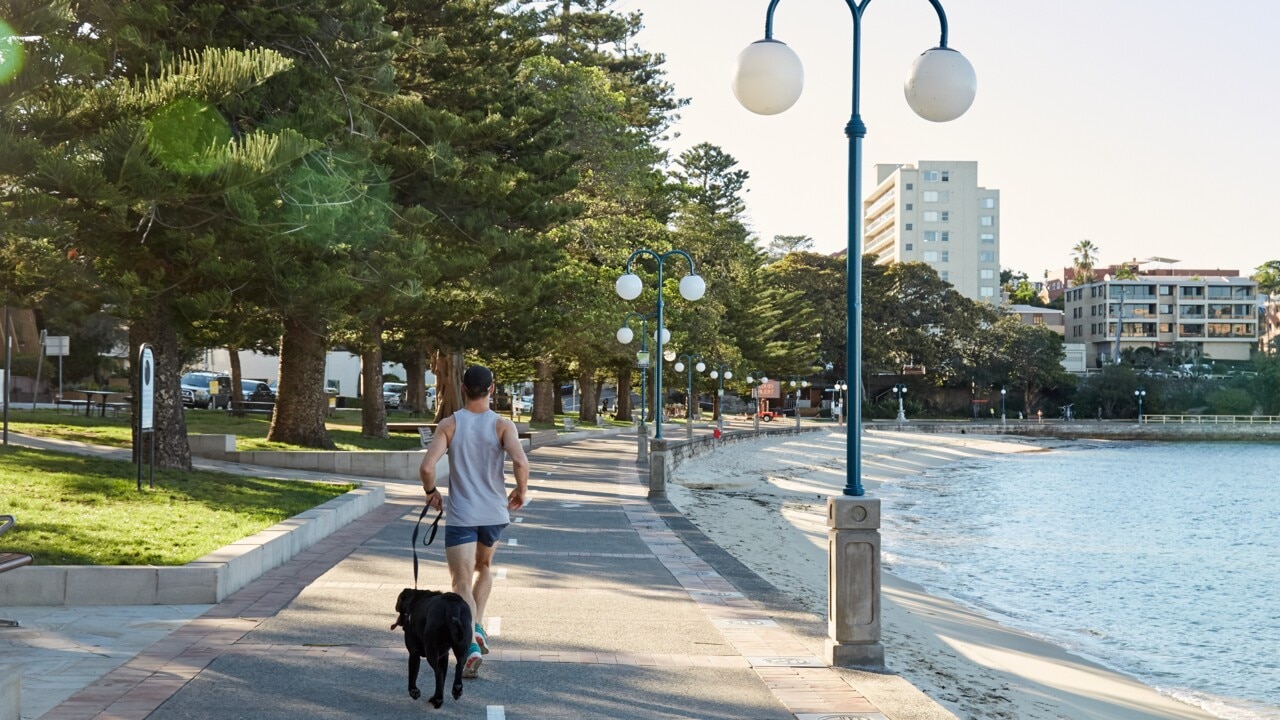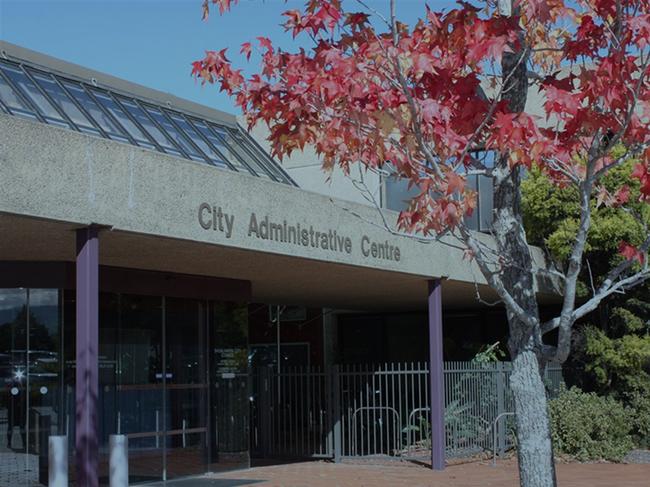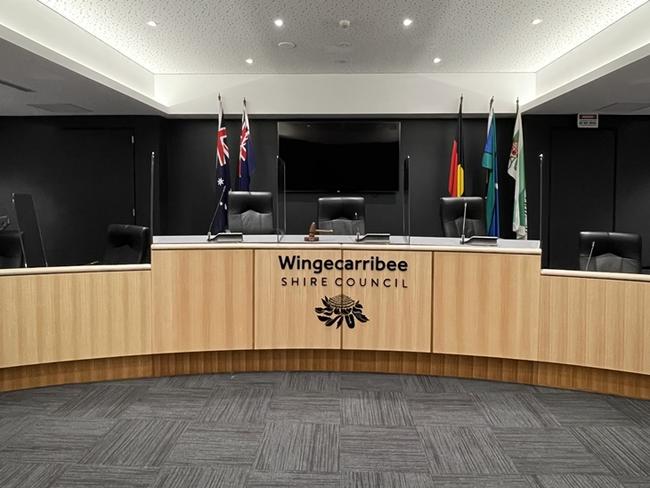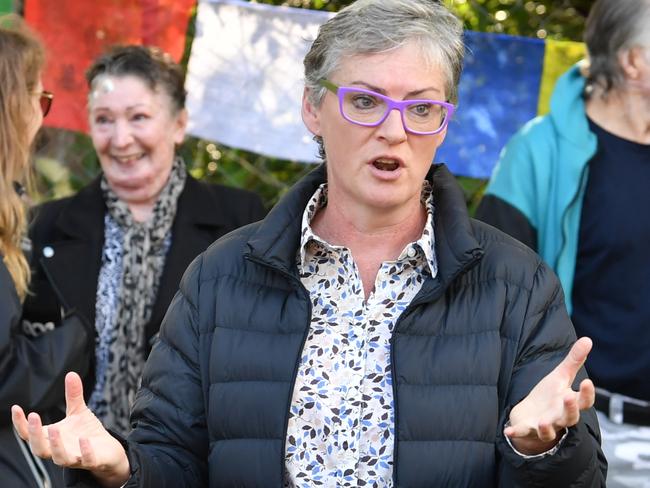Code of conduct complaints cost council thousands, as calls for system overhaul grow
Shoalhaven and Wingecarribee councils have spent thousands of ratepayer dollars on code of conduct complaints, with one local mayor slamming the code and calling for an “overhaul” of the process.

The South Coast News
Don't miss out on the headlines from The South Coast News. Followed categories will be added to My News.
Almost $95,000 in ratepayer cash has been spent on investigating complaints against two regional councils in the space of year, each of them landing in the top 10 for the most complaints made about councillors across the state.
Shoalhaven City Council received 11 code of conduct complaints against them, according to recent data.
Land use planning and development and councillor misconduct were the main points of contention in complaints lodged with the Office of Local Government.
Meanwhile, the embattled Wingecarribee Shire Council, which was disbanded earlier this year, received 12 complaints, with just 1 breach found as a result of the process.
The cost to the Southern Highlands council to investigate the complaints was $81,000, while the Shoalhaven council spent $13,420.

Shoalhaven Mayor Amanda Findley said she wasn’t surprised by the number of complaints made.
“The conduct at the council is sometimes pretty ordinary and people don’t like being treated in a poor fashion,” she said.
However, after investigating the complaints, the Office of Local Government found zero breaches against Shoalhaven Council in the recent reporting period.
But Ms Findley said the complaints process needed an “overhaul”.
“The code doesn’t actually give very good redress for someone who has a complaint. The likelihood of anything happening is pretty much zero,” she said.
“At Shoalhaven there was a code of conduct complaint against a councillor, but that councillor was part of a majority faction and the majority faction voted that no further action be taken.
“When there’s no further arbitrator to say you need to apologise publicly, it comes back to the elected body and they can throw out the very expensive report from the code of conduct reviewer. It’s absolute rubbish.”

Suspended Wingecarribee mayor Duncan Gair said he was unaware of the high number of complaints recorded against the Wingecarribee Shire Council.
“I didn’t know there were that many,” he said. “It’s very unfortunate.”
While complaints investigations cost ratepayers more than $81,000, Mr Gair said that figure is only the starting point for estimations of the true expense for code of conduct complaints in the Wingecarribee.
“There are associated costs with that – there is staff time, there is council’s legal advice – which don’t necessarily reflect the true cost,” he said.
“(If) you have any thoughts of the community and the cost, then you just don’t do it.”
The cost to Wingecarribee Shire ratepayers is only slightly less than Lismore Council, which recorded 52 code of conduct complaints in the 2018-2019 reporting year.
The northern NSW council topped the list for highest number of complaints against councils, costing the ratepayers $82,614 to investigate claims made in code or conduct complaints. Only two of the complaints against the Lismore Council were upheld.
In comparison, Eurobodalla Shire Council recorded just four code of conduct reports and Goulburn Mulwaree Regional Council didn’t spend a cent after three complaints were made.
Statewide, the cost of code of conduct complaints against councils have increased by 63 per cent in two years, costing ratepayers $1.5 million.
In an Extraordinary General Meeting of Wingecarribee council on March 17, Interim Administrator Viv May told the public the council has spent $201,948 on referrals for the 32 code of conduct complaints since the last council election.
“Public money I am sure all residents will agree is better spent on the Council’s core responsibilities,” Mr May said.
NSW Labor local government spokesman Greg Warren has called for an urgent review of the “Model Code of Conduct” to ensure it is not used to settle scores, stifle debate and deflect blame.
“A lot of time, effort and expense goes into investigating these complaints and the reality is the investigation often results in very little action taken,” Mr Warren said.
“It’s councils and their communities who are counting the cost of an ineffective and inefficient Model Code of Conduct.”

Ms Findley said the code of conduct process “can be weaponised”, and that she hadn’t made a complaint for “quite some time”.
“People do make complaints on pretty shaky grounds in order to put someone off or make them feel scared,” she said.
The code applies to councillors and council employees, and details of complaints are only shared with the general manager and the person subject to the complaint.
Mr Gair said those who instigated the numerous code of conduct complaints have ensured all of the suspended councillors have been “tarred with the same brush”.




